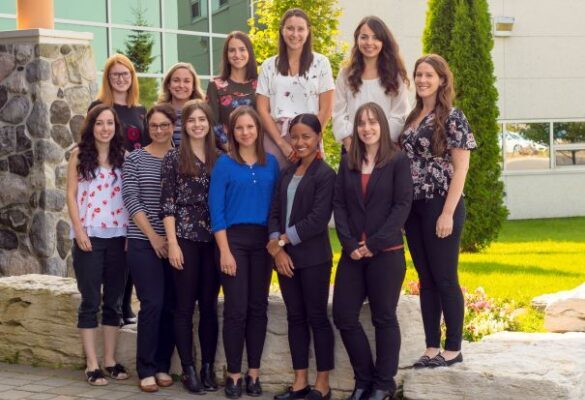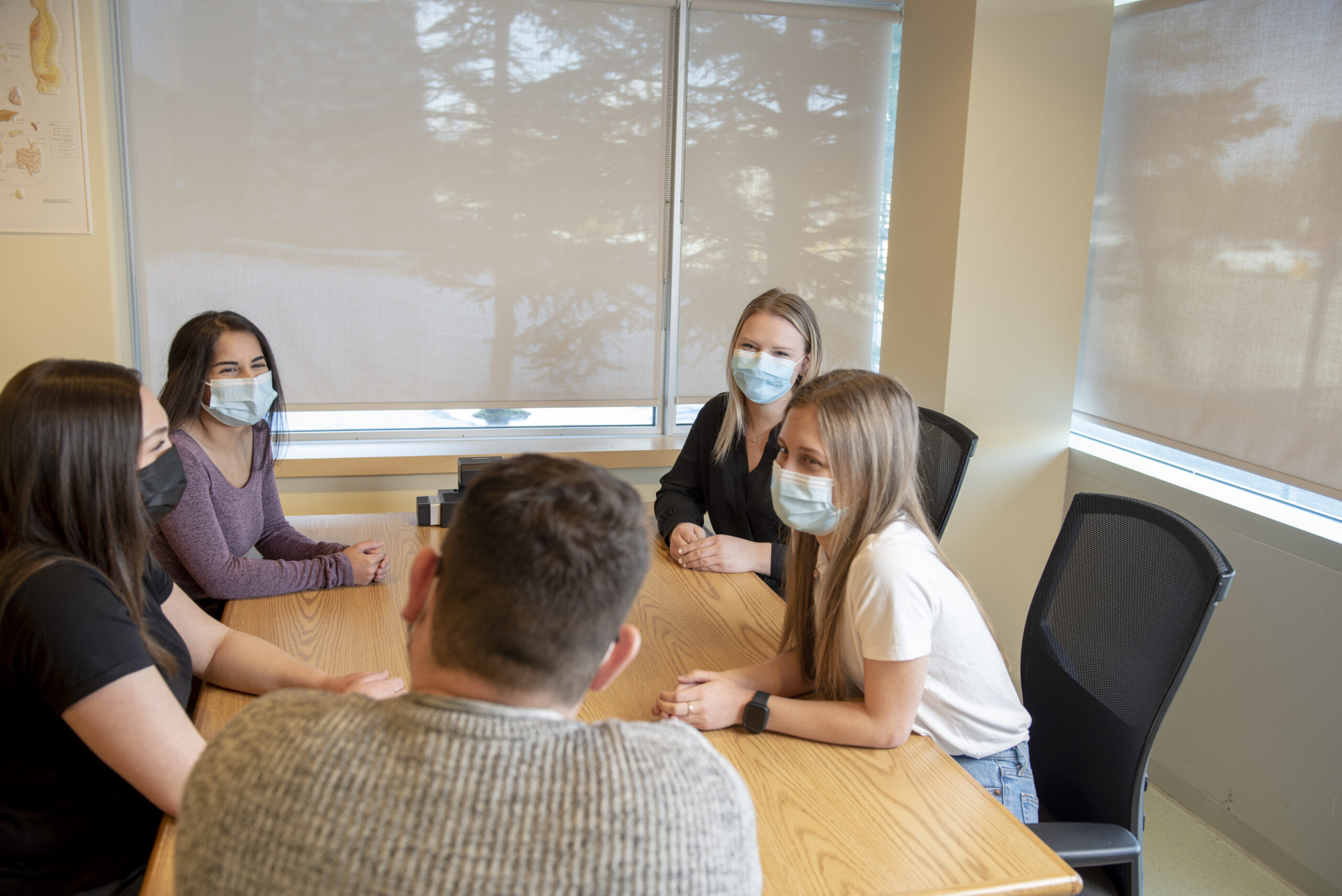
NOSM University’s Dietetic Practicum Program (DPP)—formerly known as the Northern Ontario Dietetic Internship Program—provides the training required to become a Registered Dietitian.
We recruit and train Registered Dietitians of the future—community leaders who are as comfortable taking on public health issues as they are caring for individuals. Are you up for the challenge?
Why NOSM University?
- Launch your career quickly: NOSM University’s Dietetic Practicum Program boasts a 100% job placement rate for its graduates within weeks of completing its 46-week program.
- Gain practical experience in a variety of practice settings across Northern Ontario.
- Affordable and accessible with no excessive debt.
- Hands-on learning: Prepare for the workforce with a focus on practical, hands-on experience—no thesis required.
- Personalized education: Benefit from a small class size, supportive faculty, and individualized programming.
This community-engaged program equips learners with the knowledge, skills and confidence needed to improve health outcomes through food and nutrition. Choose to learn in Northern Ontario.
New for Fall 2025: Financial aid bursaries are now available for dietetic learners. More information will be available soon on the Financial Aid Office website.
Learn more!
➡️ Explore the Dietetic Practicum Program.






